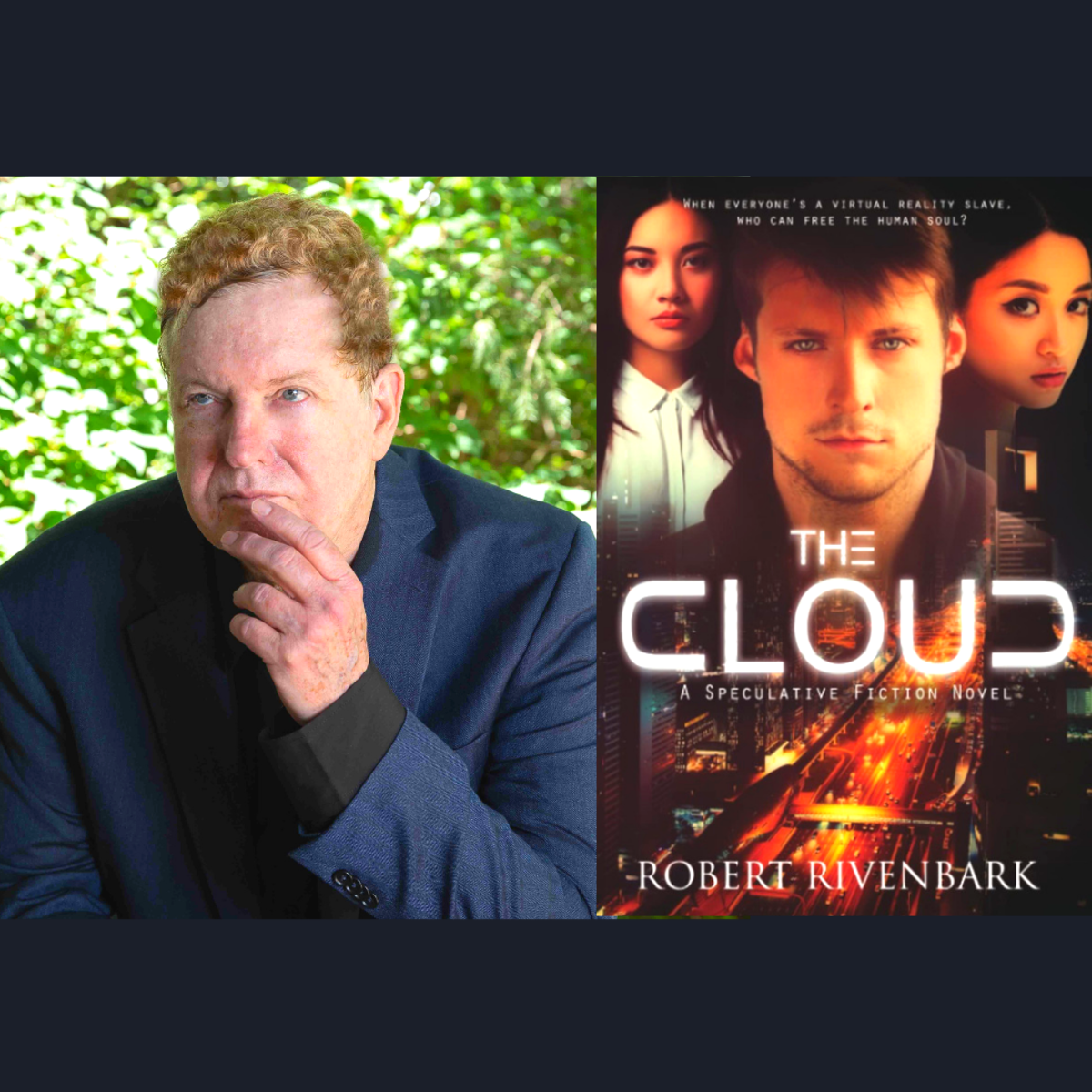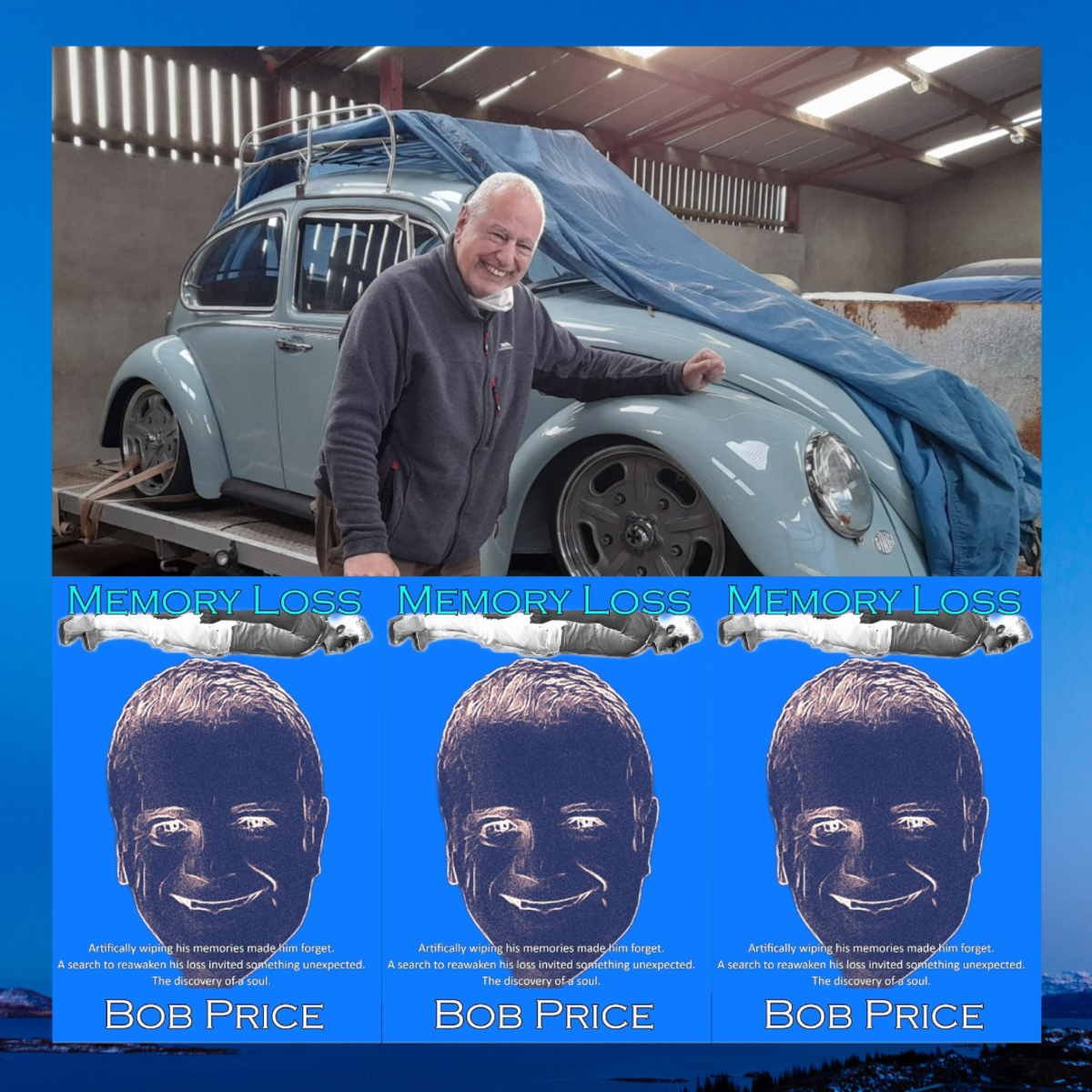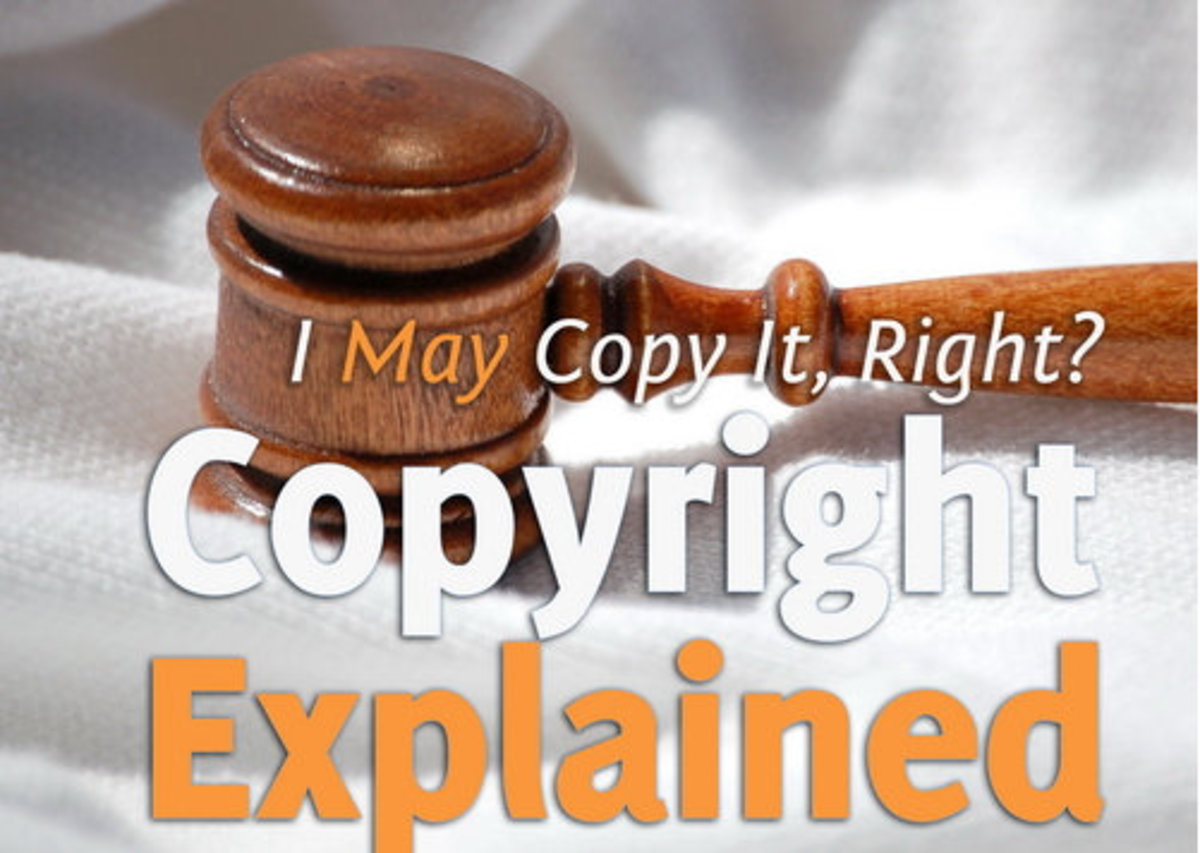Using a pseudonym, A.K.A. or a 'nom de plume.'
Similar names
Actors and authors using similar names can cause confusion, especially if one has a bad reputation or has been involved in unsuccessful projects. It is always wise to do an internet search for anyone using a similar name. Equity and Spotlight have strict criteria when you register as no one can have the same name or a variation of spelling or abbreviations. Writers can get away with the same name and book title, but an established writer with a similar name may generate higher ranking search results and thus similar names will not get noticed.
Nowadays with social media, it is important to set up profiles that cannot be confused with similar names as the bulk of media exposure is through these channels and is part of the marketing and PR package. No matter how much you want to use your own name, if there is any likelihood of confusion it is worth considering using another name to establish yourself first.
Also Known As (A.K.A)
Actors take on a stage name, gamers assume an avatar, websites ask for a user name just as writers choose a pen name. Few of us use our real identity online and create a nickname or a persona on a forum to represent our beliefs and personality. In some ways it is an extension of our true self and an opportunity to use a name that we can truly identify with away from our given name.
Some people love to see their name in print or in lights, while others prefer quieter success. With marketing becoming a factor in media success, some writers are asked to use a pen name to suit their genre or agents recommend stage names to actors, looking for something catchy, memorable and easy to pronounce to suit their look. An actor friend of mine was called Tracey Smith and took on a more glamorous stage name which she eventually adopted legally. Without a doubt, she would not have had the auditions and callbacks if she used her birth name.
There are advantages to using a pen name and few disadvantages; it’s a personal choice—one I have chosen to make.
Contemporary a.k.a.s
Birth name
| Pen name
| Notable works
|
|---|---|---|
Eleanor Marie Robertson
| Nora Roberts/J.D. Robb/Jill March/Sarah Hardesty
| In Death Series
|
Stephen King
| Richard Bachman
| The Bachman Books
|
Joanne Rowling
| Robert Galbraith
| The Cormoran Strike Novels
|
Madeleine Sophie Townley
| Sophie Kinsella
| Confessions of a Shopaholic
|
Erica Leonard
| E.L. James
| Fifty Shades of Grey
|
Janet Schnieder
| Janet Evanovitch/Steffi Hall
| Stephanie Plum Series
|
Acton, Ellis and Currer Bell, a.k.a. The Brontë Sisters
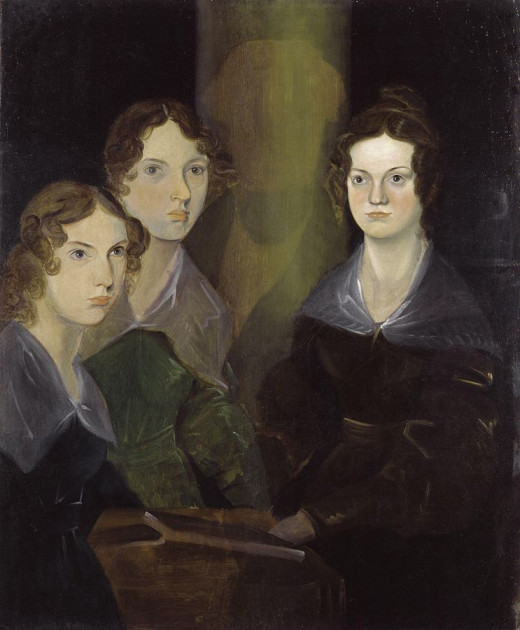
Historical pen names
Birth name
| Pen name
| Notable works
|
|---|---|---|
Emily Brontë
| Ellis Bell
| Wuthering Heights
|
Charlotte Brontë
| Currer Bell
| Jane Eyre
|
Ann Brontë
| Acton Bell
| The Tenant at Wildfell Hall
|
Samuel Langhorne Clemens
| Mark Twain
| The Adventures of Huckleberry Finn and Tom Sawyer
|
Eric Blair
| George Orwell
| Animal Farm/1984
|
Charles Dodgson
| Lewis Carroll
| Alice in Wonderland
|
Mary Ann Evans
| George Elliott
| The Mill on the Floss
|
Marie-Henri Beyle
| Stendahl
| Scarlet and Black/The Charterhouse of Parma
|
Clive Staples Lewis
| Clive Hamilton /N.W. Clerk
| The Chronicles of Narnia
|
Benjamin Franklin
| Silence Dogood, Harry Meanwell, Alice Addertongue, Richard Saunders, Anthony Afterwit, Polly Baker, Caelia Shortface,Martha Careful and Timothy Turnstone
| The Way to Wealth/Founding Father of the USA/1st Postmaster General
|
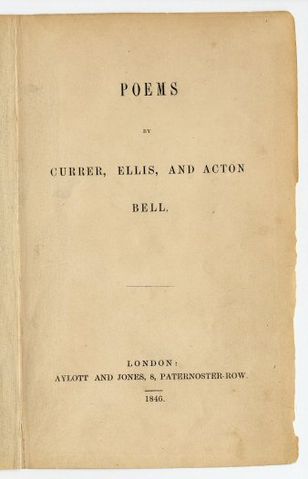
Prejudice
In the Victorian ages it was commonplace for women to adopt male names or ones that could be either sex as it wasn’t the done thing for ladies from a certain class to write and express such views. Even J.K. Rowling was encouraged to use her initials, as the publishers feared a female author would put off male readers.
Certain names give away ethnicity and could prejudice readers, not because they are ashamed of their name. Leslie Charteris, the creator of The Saint was born Leslie Charles Bowyer-Yin and was half Chinese. Would that have affected the worldwide appeal of his novels and what people expected it would be about? If someone used a Japanese sounding name, would it influence the reader in the subject matter of the book? Personally I have experienced those who had preconceived ideas about me as I have an ethnic surname. Only when people get to know me they realize I bear little resemblance to the perceived stereotype or when people find out my surname they are surprised I do not fit into the pigeon hole society had created.
Psychologically speaking, there is more of a mystery around an author that uses initials—what are they hiding or by remaining neutral are they attracting a wider market of readers without the initial prejudices? Typically women write romance and men write thrillers, it's a preconception that we cannot change. The use of initials has become popular to negate this assumption, leaving the reader to wonder whether the author is male or female.
Remaining anonymous
Politically sensitive topics and those that could put someone’s life in jeopardy are prime examples when a pseudonym is useful. Steven Mitchell wrote as Andy McNab on his time with the SAS, but had to be careful as to not give away military tactics or his identity in case any enemies wanted revenge.
Many choose a pseudonym, so those around them do not know that characters may be based on their experiences or interactions, especially if the writer is working for another company and there is a conflict of interest or contentious views. Benjamin Franklin took on various personas to air his views on issues that could have been slanderous or politically incorrect for someone in his position using tongue in cheek names such as Alice Addertongue when expressing his opinions on controversial topics.
Writing on religious issues can also bring about unwarranted backlash or on topics that are taboo in one’s culture for example an author with a Muslim surname, writing on co-habiting could be prejudiced by readers and critics.
Stendhal a.k.a. Marie-Henri Beyal
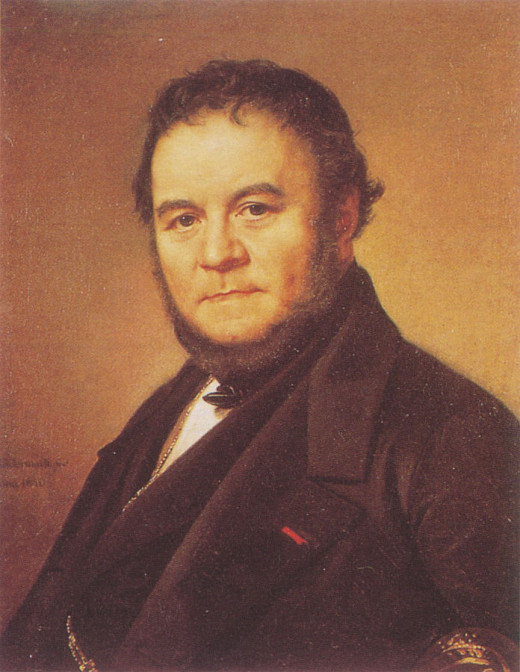
Hollywood stage names
Birth name
| Stage name
|
|---|---|
Frances Ethel Gumm
| Judy Garland
|
Marion Robert Morrison
| John Wayne
|
Archibald Alexander Leach
| Cary Grant
|
Ramón Antonio Gerardo Estévez
| Martin Sheen
|
Mary Leta Dorothy Slaton
| Dorothy Lamour
|
Virginia Katherine McMath
| Ginger Rogers
|
Roy Harold Scherer Jr
| Rock Hudson
|
Derek Jules Gaspard Ulric Niven van den Bogaerde
| Dirk Bogarde
|
Lucille LeSueur
| Joan Crawford
|
Issur Danielovitch Demsky
| Kurt Douglas
|
Copyright issues
The copyright laws in the USA at present gives anonymous literary works 95 years of protection from the date of publication or 120 years from creation, whichever is the shorter. In the UK it is 70 years from publication, however if the author decided to reveal their true identity, the copyright terms reverts to the life plus 70 years term from the date of publication in both cases. Unless you are a very young author, it is likely copyright protection will remain during your lifetime.
Other issues such as copyright orphans occur with pen names when permission to reproduce, make a derivative or to acquire a license is made difficult when the copyright holder cannot be traced. As a result, many works are not used to avoid potential infringement. Copyright can be transferred to publishers or to heirs, thus it requires some detective work to uncover the copyright holder when a pen name is used. It is not impossible as many pen names are revealed once a work has been established or there is a record with the publisher.
PR, publishers, and agents
Agents and publishers can influence the image and names used. If a name doesn’t suit a genre they will recommend a change. Others may discourage over exposure if an author releases too many books in a year, or if they use different genres, may request writers to use alternate pen names. So, some writers may not get a choice and are requested to use a pen name.
Marketing the book when a pseudonym is used can be difficult unless the writer is happy to assume that name as their identity in book launches and interviews. Memorable and quirky names make promotion easier and stand out in the competitive industry. The image and marketability of the author is as important as the content as well as the social media interaction. Many writers have their own website, blogs, twitter names and a Facebook page as standard. Creating their own brand image is part of the package and to maintain as much control as they can.
Why would you choose an a.k.a.?
A collective pseudonym used for a series
For long running series with popular characters, ghostwriters are hired under a collective pseudonym. Ellery Queen and Nancy Drew have had numerous writers that have developed the characters over the decades incorporating contemporary issues and themes to appeal to the evolving audiences. Maintaining the continuity helps to keep a loyal fan base with the illusion of a single writer.
Collective pseudonyms
Series
| Pseudonym
| Writers
|
|---|---|---|
The Adventures of Ellery Queen
| Ellery Queen
| Frederic Dannay/Manfred B. Lee and ghostwriters
|
The Nancy Drew Mysteries
| Carolyn Keene
| Mildred Wirt Benson/Harriett Adams and ghostwriters
|
The Hardy Boys
| Franklin W. Dixon
| Leslie McFarlane and ghostwriters
|
Genres and reputations
Some writers like to keep their audiences separate their non-fiction readers differ from their fiction audience and don’t want their styles to get confused. C.S Lewis wrote under the name N.W. Clerk to disassociate himself from his reputation and position at Oxford University. Different genres require alternate profiles; J.K. Rowling uses the name Robert Galbraith for her criminal fiction, clearly a different audience to her Harry Potter books.
Other authors may choose to distance themselves from a previous work that was criticized or was unsuccessful, very much like a theater actor whose name is similar to a porn star who would rethink using the same name. On the other hand, some authors have profited by the confusion of a similar name or actors have created deliberate confusion by using the surname of a successful actor as their pseudonym and cashed in others reputations.
Why not choose your own name?
here are few disadvantages, some may not understand why someone doesn't wish to use their actual name, bu thtis maybe out of their hands and not a personal choice. Writers are often in their own world and create their own reality and a persona with it. For some it is easier to separate the life of a writer by doing so, just as an actor comes home from the theater and back to reality.
As I write non-fiction and fiction I have chosen to use a pseudonym for my fiction (All my social media profiles are in my pen name) and my real name for my non-fiction work. It does mean separate social media accounts, but each one has a different audience even though some topics may overlap.
Currently I the copyright laws will protect my work for 95 years which is more than sufficient for my needs. There is also something creative about choosing a pen name, something that has a personal meaning to you and using a name that you had always dreamed of calling yourself.
© 2014 S T Alvyn


